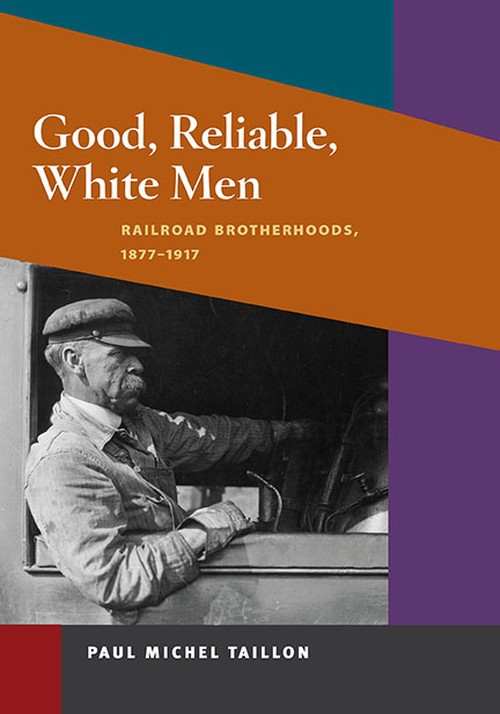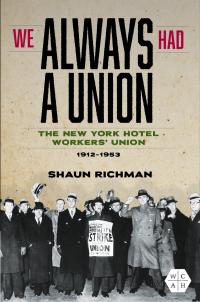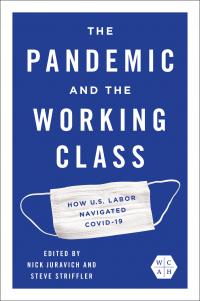
Good, Reliable, White Men
Cloth: 11/23/2009
About the Book
This engaging study provides an account of the independent railroad brotherhoods from the period of their formation in the 1860s and '70s to the consolidation of their power on the eve of World War I. By commanding the attention of U.S. presidents and establishing the eight-hour workday, railroad brotherhoods employed responsible trade unionism to their advantage. Paul Michel Taillon focuses on the Brotherhood of Locomotive Engineers, the Order of Railway Conductors, the Brotherhood of Locomotive Firemen, and the Brotherhood of Railroad Trainmen to investigate the impact of these unions on early twentieth-century politics and society.Notorious for their conservative bent and exclusiveness based on race and trade, the unions also demonstrated a capacity for change and a particular acumen for negotiating in political and public circles, all but guaranteeing brotherhood survival. In highlighting the successes and failures of these railroad unions, Taillon shows how they employed capitalist principles; how they were influenced by considerations of gender, race, and class; and how they prompted momentous debates about the proper relationships among government, private enterprise, labor, and management.
About the Author
Paul Michel Taillon is a senior lecturer in the History Department at the University of Auckland, New Zealand.Reviews
"A breakthrough book that integrates gender and race into an understanding of the politics of class consciousness on the American railroads. . . . Should be widely read, not only as first-rate history but also as an object lesson for social reformers."--EH.NET"A well-document, lucid account of railway labor organizations during a crucial period. . . . Highly recommended."--Choice
"Engaging, well written, and well researched. It is a must-read for anyone interested not only in the history of workers and unions in late nineteenth- and early twentieth-century America but also society, culture, and politics in Gilded Age and Progressive Era America."--The Journal of American History
"This dense, fascinating, and wide-ranging book deserves a broad readership."--The Register of the Kentucky Historical Society
"Successfully presents a portrait of the contradictory legacy of the railroad unions--ahead of their time in realizing the need for state intervention to protect workers' rights, yet obstructionist in preserving white-skinned privilege for some of the most highly skilled workers of the industrializing era."--Labor Studies Journal
Blurbs
"In this excellent study of a neglected topic, Taillon provides a vivid picture of the cultural and political lives of railroad trade union members. The book shows how the running trades progressed from labor organizations stressing fraternalism and mutual aid to sophisticated and aggressive trade unions."--Colin Davis, author of Waterfront Revolts: New York and London Dockworkers, 1946-61








